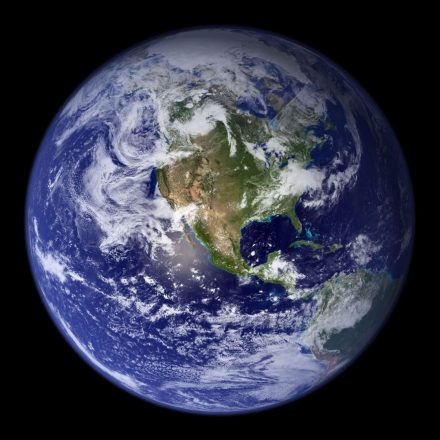Our planet recently recorded its fastest single rotation.
The record was broken on 29 July – this day was 1.59 milliseconds (thousandths of a second) shorter than the usual 24 hours. Although it is normal for the Earth’s rotation to vary by milliseconds per day, this is the quickest rotation on record.
University of Auckland astrophysicist Dr Jan Eldridge told Morning Report that it was a surprising discovery. She said that if the rotation rate remained quicker than usual for many years in a row, we may need to introduce a “leap second” to keep the time on track.
“We can measure it accurately enough that if those few milliseconds add up over a few years you have to have a leap second when we have a new year each year or we might start getting the time wrong,” Eldrige said.
However, the need for a “leap second” would require decades of increases in rotation speed.
Scientists were unsure of exactly why the Earth’s rotation had sped up but there were a few theories floating around, Eldrige said.
One theory suggested that the melting of the planet’s polar ice caps meant there was less weight pushing down on the Earth’s poles. This may have redistributed the magma underneath the Earth’s crust, leading to a slight alteration to the way the Earth spins.





























































